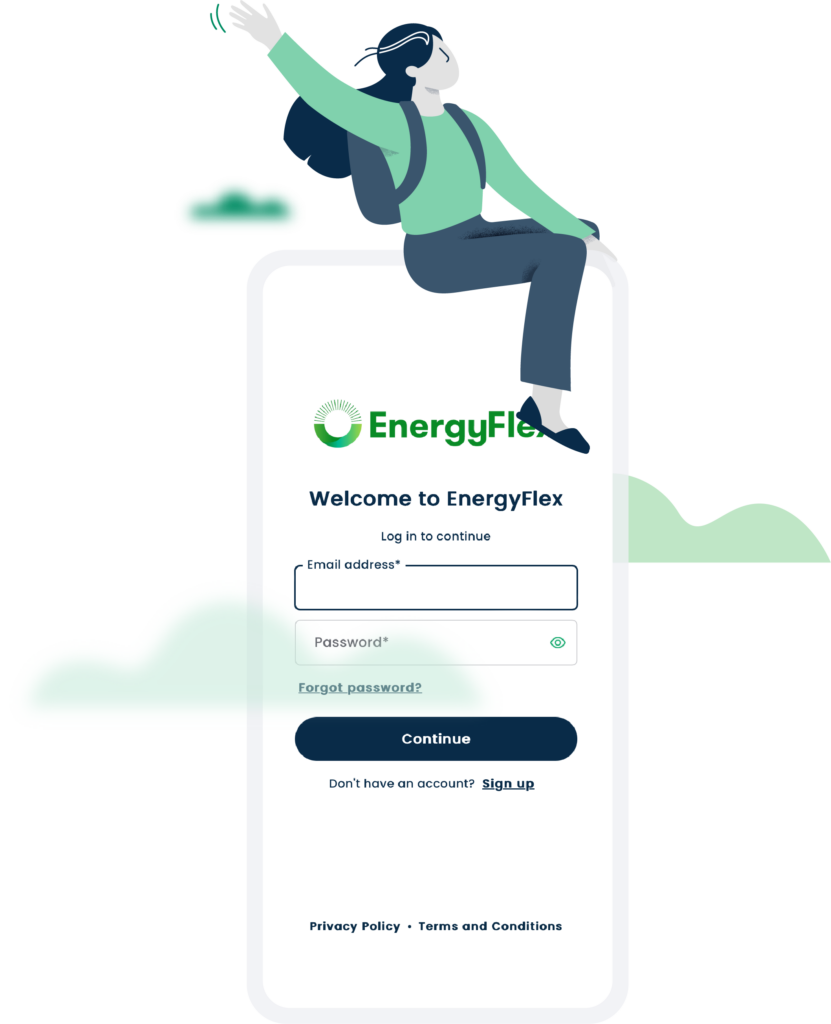A usage charge is the amount you pay for the electricity you actually use.
It’s calculated based on your energy consumption and varies depending on your energy plan, state, and how much energy you use. The more you use, the higher your usage charges will be.
Usage charges are listed on your energy bill in cents per kilowatt-hour (c/kWh) and are also known as ‘consumption charges’ or ‘variable charges’. Typical rates range between 25-45 c/kWh.
If you’re on a flat tariff, you’ll pay the same amount for electricity, no matter when you use it.
If you’re on a time-of-use tariff, you likely have different usage charges during ‘peak’, ‘off-peak’, and ‘shoulder’ times.
Here’s where it gets confusing. The terms ‘peak’, ‘off-peak’, and ‘shoulder’ were set when the grid was powered by coal. Peak was the most expensive, off-peak was the cheapest, and shoulder fell somewhere in the middle.
The terms came to represent time periods rather than price differences. Now, the terms remain the same but, because of renewable energy, shoulder is often cheaper than off-peak.
All states (except Tasmania) have moved to a peak/shoulder/off-peak arrangement. Peak times are fairly standard and the most expensive—usually from 4pm to 7pm—though some retailers only apply this on weekdays, with off-peak and shoulder timings applying overnight and on weekends.
Some energy companies may make things even more complicated by dividing your use into chunks of time, like daily, monthly, or quarterly. Then, they’ll set a different usage charge for the rest of the pricing block based on how much you used in the first part of the block.
How are usage charges calculated?
Your bill will usually break down your usage charges by multiplying your energy consumption by the applicable rate.
For example:
- You used 500 kilowatt-hours (kWh) of electricity.
- Your usage charge is 30c/kWh.
- Your usage cost: 500 kWh x 30c/kWh = $150.
How to reduce usage charges:
- Shift your energy use: Run appliances (dishwasher, laundry, pool pumps, etc.) during off-peak hours when rates are lower.
- Be energy efficient: Use energy-saving appliances, turn things off when not in use, and seal drafts in your home.
- Find a better plan: Compare energy plans. A lower usage charge could significantly reduce your bill.
Want to take control of your energy costs? Sign up for EnergyFlex for free!





